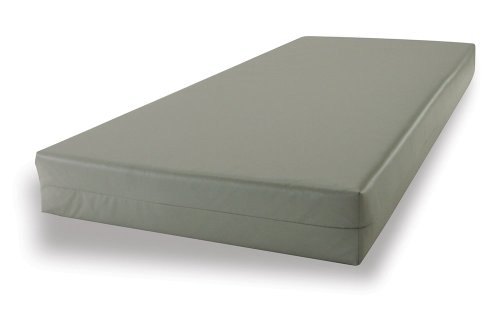Is your bathroom sink losing hot water pressure? You're not alone. It can be a frustrating and inconvenient problem to deal with. But before you call a plumber, there are a few things you can check on your own to try and fix the issue. Here are 10 possible reasons why your bathroom sink might be experiencing low hot water pressure.
The first thing to do is to make sure the water supply valve is fully open. Sometimes, it can accidentally get turned off or partially closed, causing a decrease in water pressure. Locate the valve under the sink and check to see if it is fully open. If it's not, turn it all the way and see if that improves the hot water pressure.Check the water supply valve
The aerator is a small mesh screen at the end of your faucet that helps to conserve water and prevent splashing. However, it can also get clogged with mineral deposits and debris, which can restrict the flow of water. Remove the aerator and soak it in a mixture of white vinegar and baking soda to dissolve any buildup. Rinse it off and reattach it to the faucet.Check the aerator
If the hot water pressure is still low, there may be a clog somewhere in the pipes. Start by checking the drain stopper and removing any hair or debris that may be blocking it. You can also use a plunger to try and dislodge any clogs further down the pipes. If that doesn't work, you may need to call a professional to snake the pipes and remove any stubborn clogs.Check the pipes for clogs
It's possible that the issue is with your water heater, not your sink. Check the temperature setting on your water heater and make sure it is set high enough. If it's set too low, the hot water won't be as powerful. You should also check the pressure relief valve on the water heater to make sure it is functioning properly.Check the water heater
If you have recently had any plumbing work done, the shut-off valve may have been turned off and not fully reopened. Make sure the valve is completely open to allow for full water flow. It's also a good idea to check the valve periodically to make sure it is working properly and not causing any issues with your hot water pressure.Check the shut-off valve
The faucet cartridge is the part of the faucet that controls the flow and temperature of the water. Over time, it can become worn or damaged, which can affect the water pressure. If you suspect this may be the issue, you can try replacing the cartridge yourself or call a plumber to do it for you.Check the faucet cartridge
The water pressure regulator is a device that controls the water pressure in your home. If it is not functioning properly, it can cause fluctuations in water pressure, including low hot water pressure. If you are comfortable doing so, you can try adjusting the pressure regulator yourself. Otherwise, it's best to call a professional to handle this task.Check the water pressure regulator
There may be an issue with the hot water supply line leading to your bathroom sink. Check for any kinks or bends in the line that could be restricting the flow of hot water. You can also try flushing the line to remove any debris or buildup that may be causing the issue.Check the hot water supply line
Similarly, the cold water supply line may also be the culprit. Check for any obstructions or damage in the line that could be affecting the water pressure. If necessary, you may need to replace the line to restore proper hot water pressure.Check the cold water supply line
What Could be Causing the Loss of Hot Water Pressure in Your Bathroom Sink?

Potential Issues with Your Plumbing System
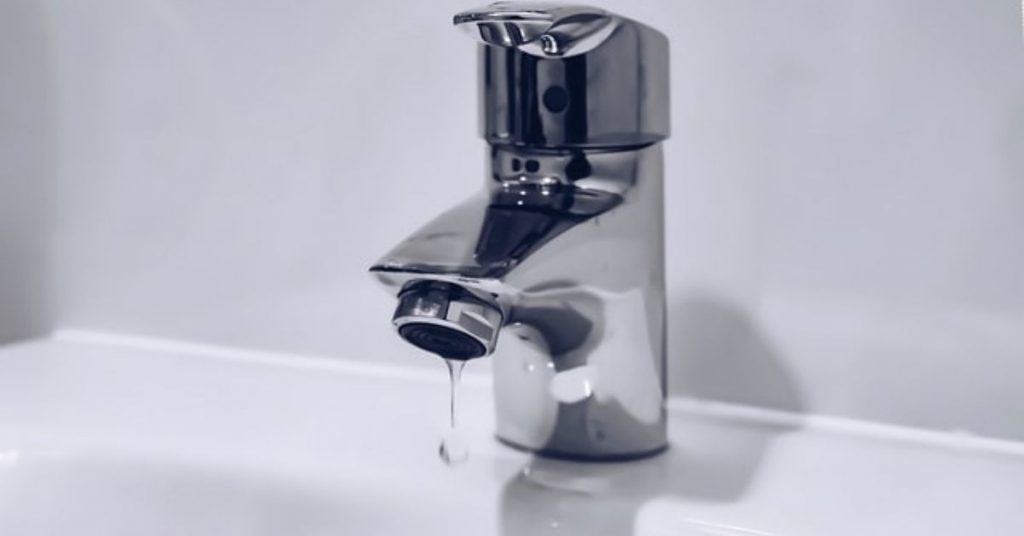 If you have suddenly lost hot water pressure in your bathroom sink, it can be quite frustrating and inconvenient. This issue can affect your daily routine, making it difficult to wash your hands, brush your teeth, or shave. However, before you panic and call a plumber, it's important to understand the potential causes of this problem.
Blocked Water Supply Line:
One of the most common reasons for a loss of hot water pressure in a bathroom sink is a blocked water supply line. This can happen due to mineral buildup, debris, or even small objects getting lodged in the pipes. Over time, these blockages can restrict the flow of water, resulting in low pressure.
Leaking Pipes:
Another possible cause of low hot water pressure is a leaking pipe. Even a small leak can lead to a significant loss of pressure, as the water is diverted away from the faucet and into the walls or floor. Not only can this affect the pressure, but it can also cause water damage and mold growth.
Plumbing System Design:
The design of your plumbing system can also be a contributing factor to the loss of hot water pressure in your bathroom sink. If the pipes are too small or there are too many bends and turns, it can create resistance and reduce the flow of water. This can result in low pressure, particularly in higher floors of a multi-story house.
If you have suddenly lost hot water pressure in your bathroom sink, it can be quite frustrating and inconvenient. This issue can affect your daily routine, making it difficult to wash your hands, brush your teeth, or shave. However, before you panic and call a plumber, it's important to understand the potential causes of this problem.
Blocked Water Supply Line:
One of the most common reasons for a loss of hot water pressure in a bathroom sink is a blocked water supply line. This can happen due to mineral buildup, debris, or even small objects getting lodged in the pipes. Over time, these blockages can restrict the flow of water, resulting in low pressure.
Leaking Pipes:
Another possible cause of low hot water pressure is a leaking pipe. Even a small leak can lead to a significant loss of pressure, as the water is diverted away from the faucet and into the walls or floor. Not only can this affect the pressure, but it can also cause water damage and mold growth.
Plumbing System Design:
The design of your plumbing system can also be a contributing factor to the loss of hot water pressure in your bathroom sink. If the pipes are too small or there are too many bends and turns, it can create resistance and reduce the flow of water. This can result in low pressure, particularly in higher floors of a multi-story house.
Steps to Resolve the Issue
 If you are experiencing a loss of hot water pressure in your bathroom sink, there are a few steps you can take to try and resolve the issue before calling a professional.
Check other faucets:
The first thing to do is to check if the low pressure is isolated to just the bathroom sink or if it is affecting other faucets in the house. If it's only the sink, then the issue is likely with that specific faucet. If it's affecting multiple faucets, then the problem is likely with the plumbing system.
Inspect for blockages:
If the low pressure is isolated to the bathroom sink, you can try to remove any potential blockages in the faucet or the water supply line. This can be done by unscrewing the aerator at the end of the faucet and cleaning it out or using a plunger to clear any debris from the supply line.
Call a professional:
If the above steps do not resolve the issue, it's best to call a professional plumber. They will be able to identify the underlying cause of the low hot water pressure and provide a proper solution. It's important to address this issue promptly to avoid any further damage to your plumbing system.
In conclusion, a loss of hot water pressure in your bathroom sink can be caused by various factors, including blocked supply lines, leaking pipes, and plumbing system design. By understanding these potential issues and taking the necessary steps to resolve them, you can ensure that your bathroom sink has proper hot water pressure once again. However, if the problem persists, it's best to seek professional help to avoid any further complications.
If you are experiencing a loss of hot water pressure in your bathroom sink, there are a few steps you can take to try and resolve the issue before calling a professional.
Check other faucets:
The first thing to do is to check if the low pressure is isolated to just the bathroom sink or if it is affecting other faucets in the house. If it's only the sink, then the issue is likely with that specific faucet. If it's affecting multiple faucets, then the problem is likely with the plumbing system.
Inspect for blockages:
If the low pressure is isolated to the bathroom sink, you can try to remove any potential blockages in the faucet or the water supply line. This can be done by unscrewing the aerator at the end of the faucet and cleaning it out or using a plunger to clear any debris from the supply line.
Call a professional:
If the above steps do not resolve the issue, it's best to call a professional plumber. They will be able to identify the underlying cause of the low hot water pressure and provide a proper solution. It's important to address this issue promptly to avoid any further damage to your plumbing system.
In conclusion, a loss of hot water pressure in your bathroom sink can be caused by various factors, including blocked supply lines, leaking pipes, and plumbing system design. By understanding these potential issues and taking the necessary steps to resolve them, you can ensure that your bathroom sink has proper hot water pressure once again. However, if the problem persists, it's best to seek professional help to avoid any further complications.
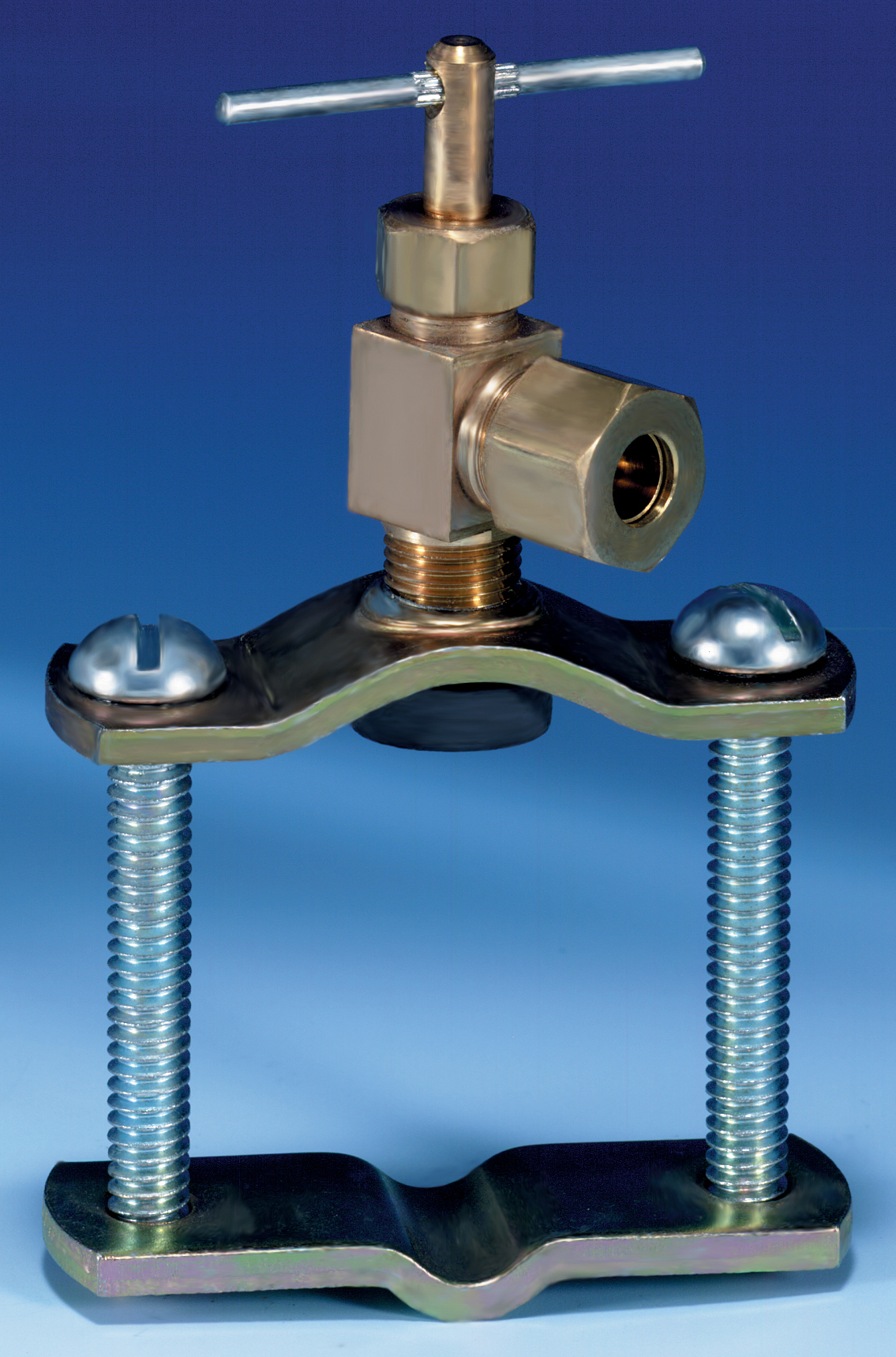






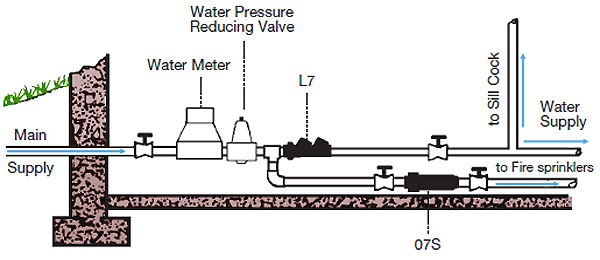
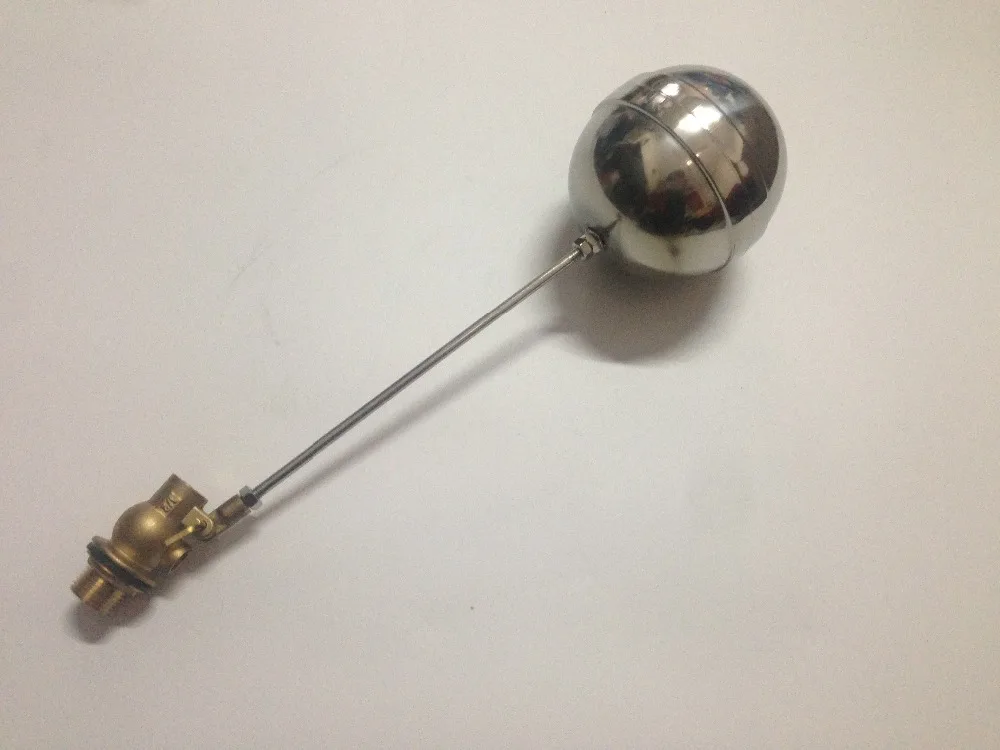
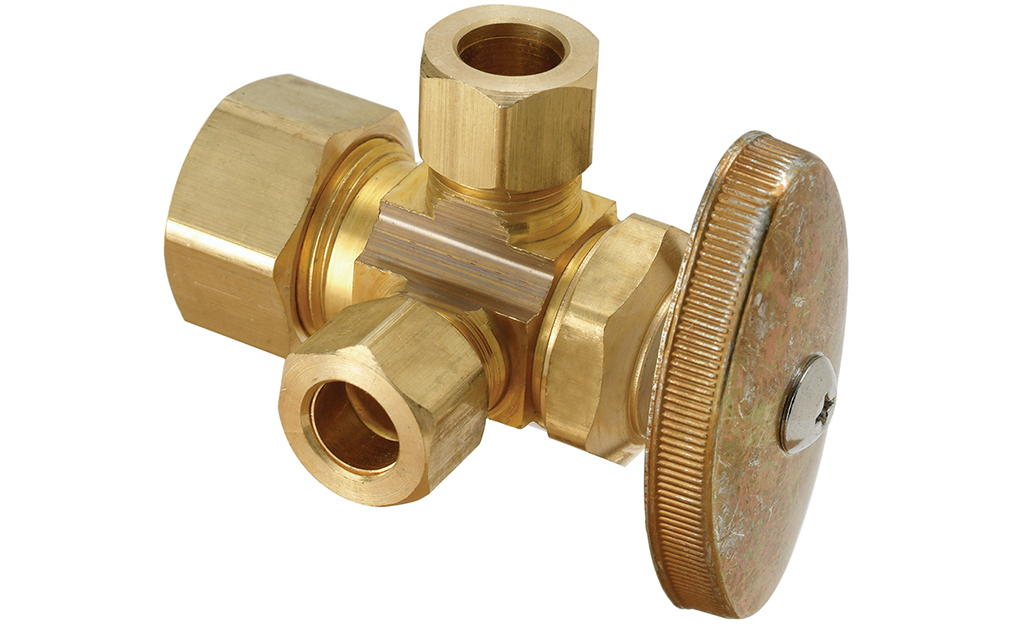


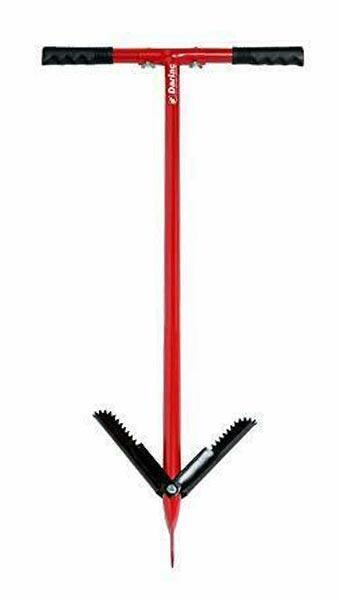
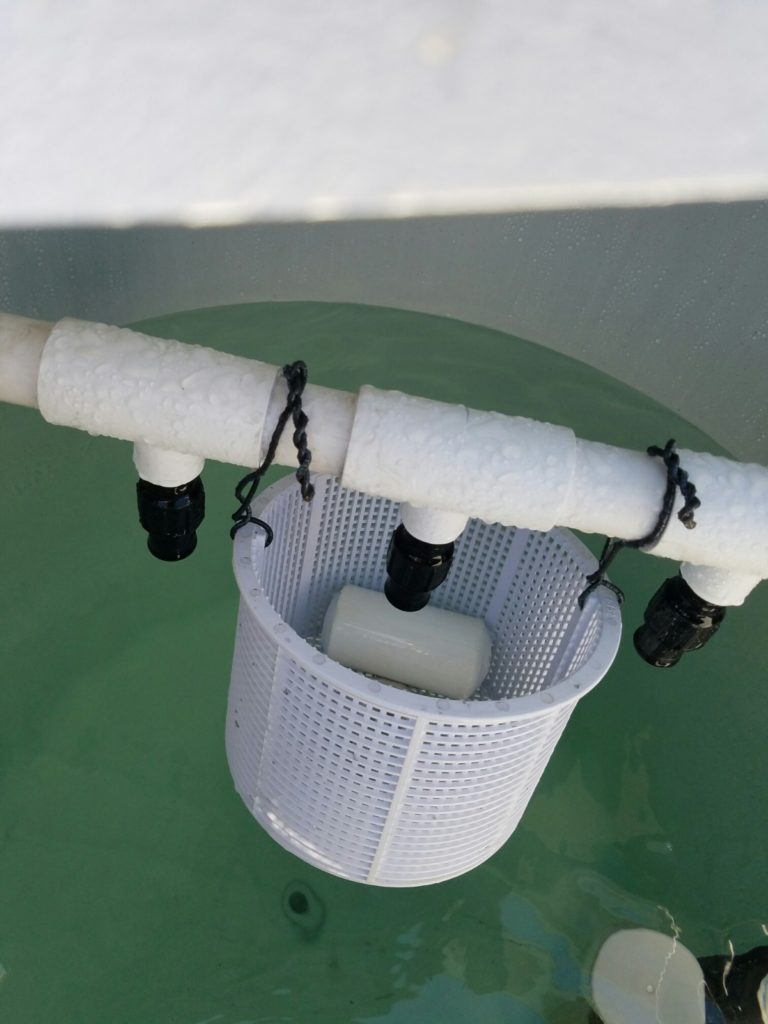
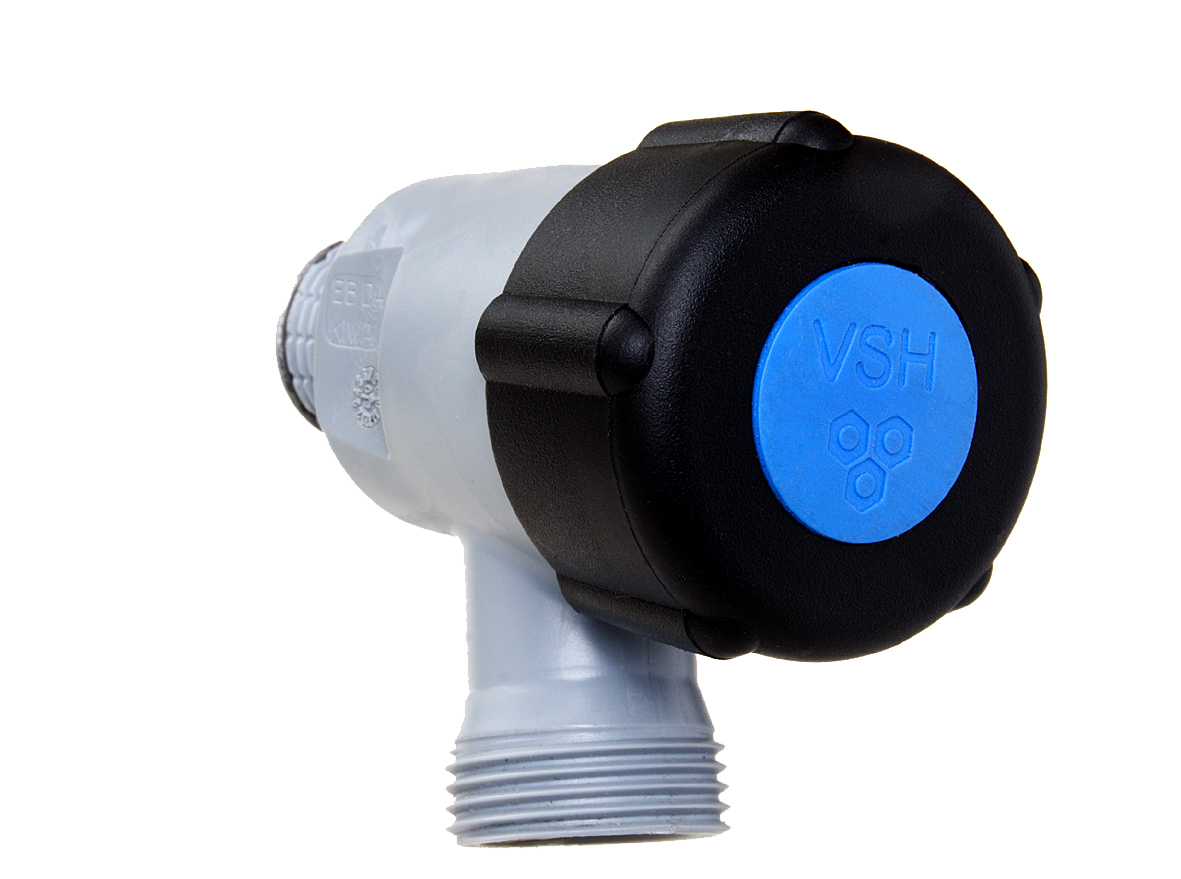







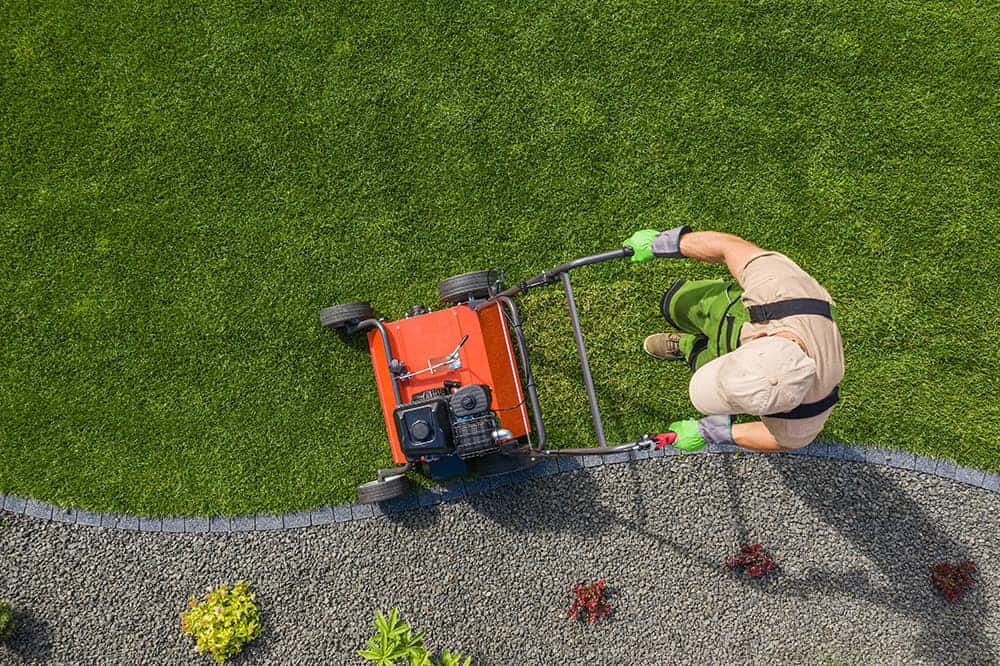







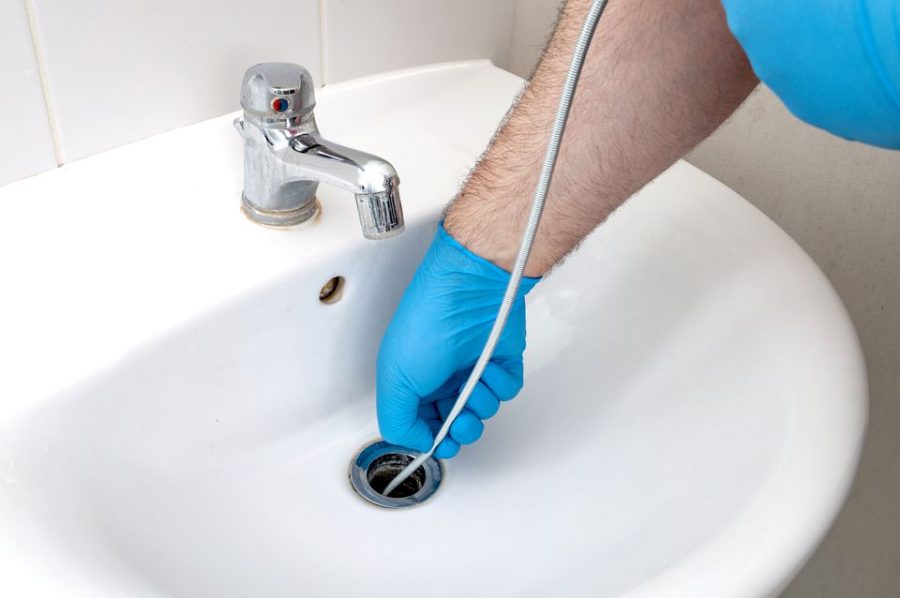

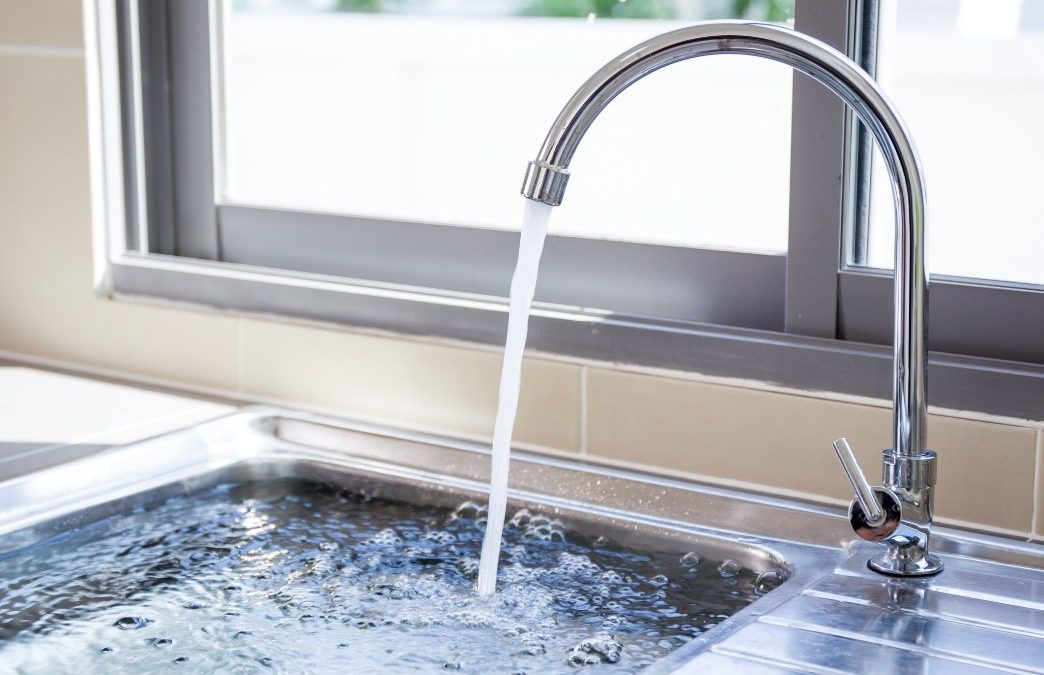

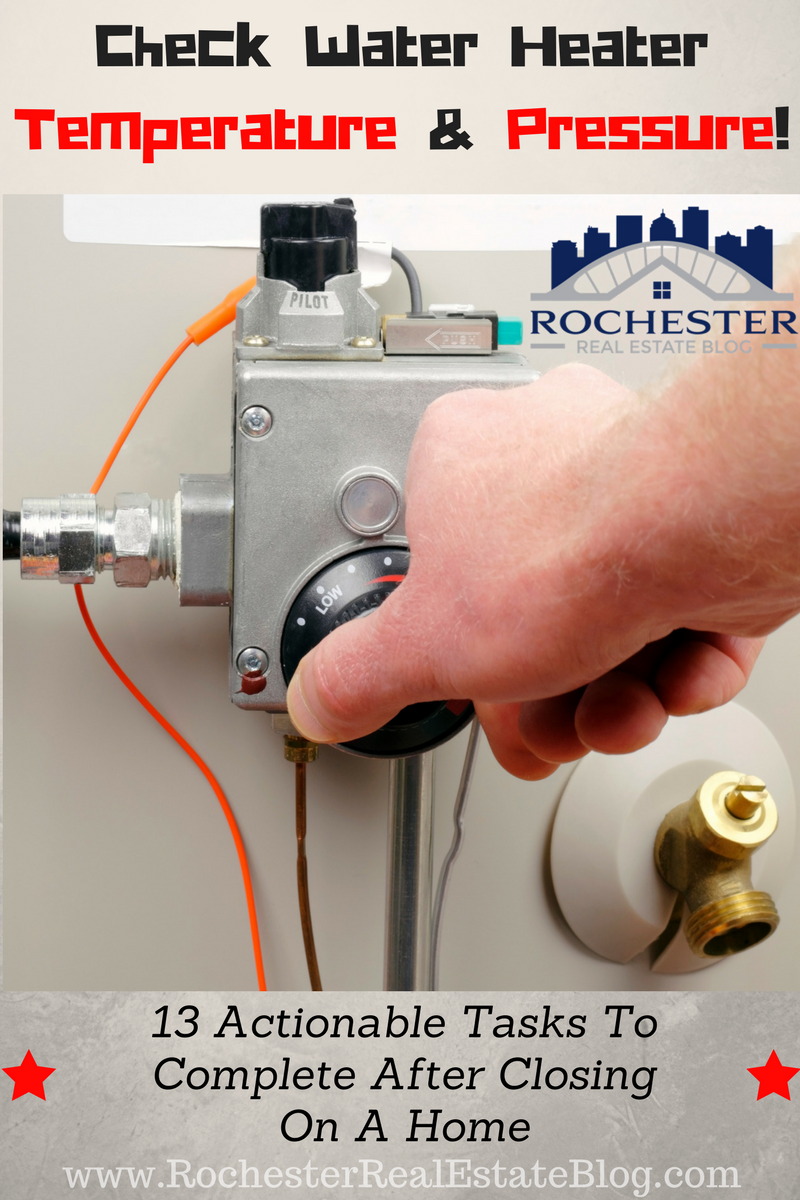
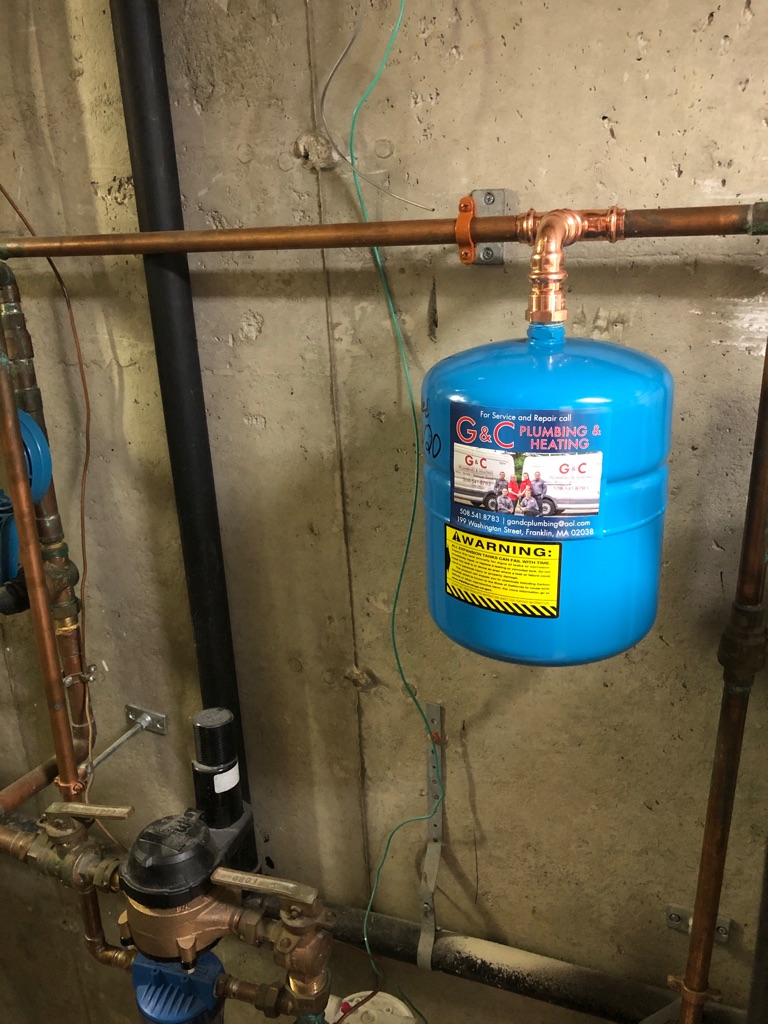



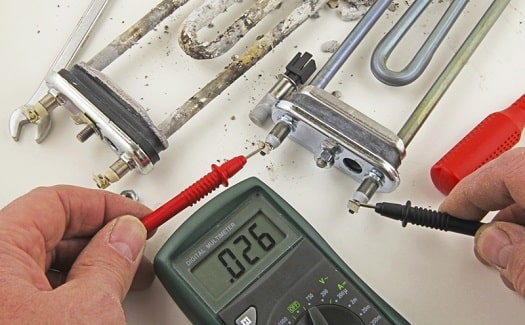

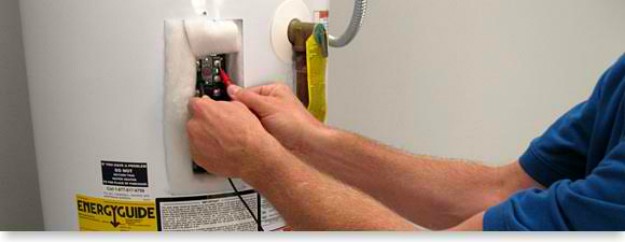
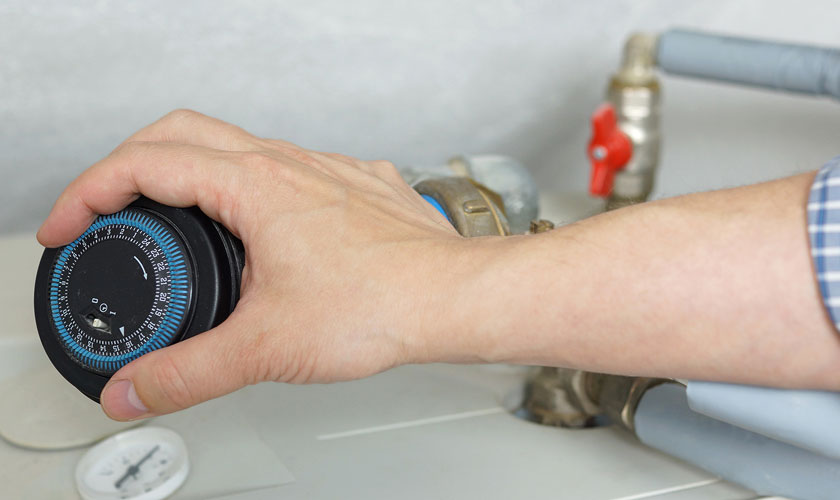

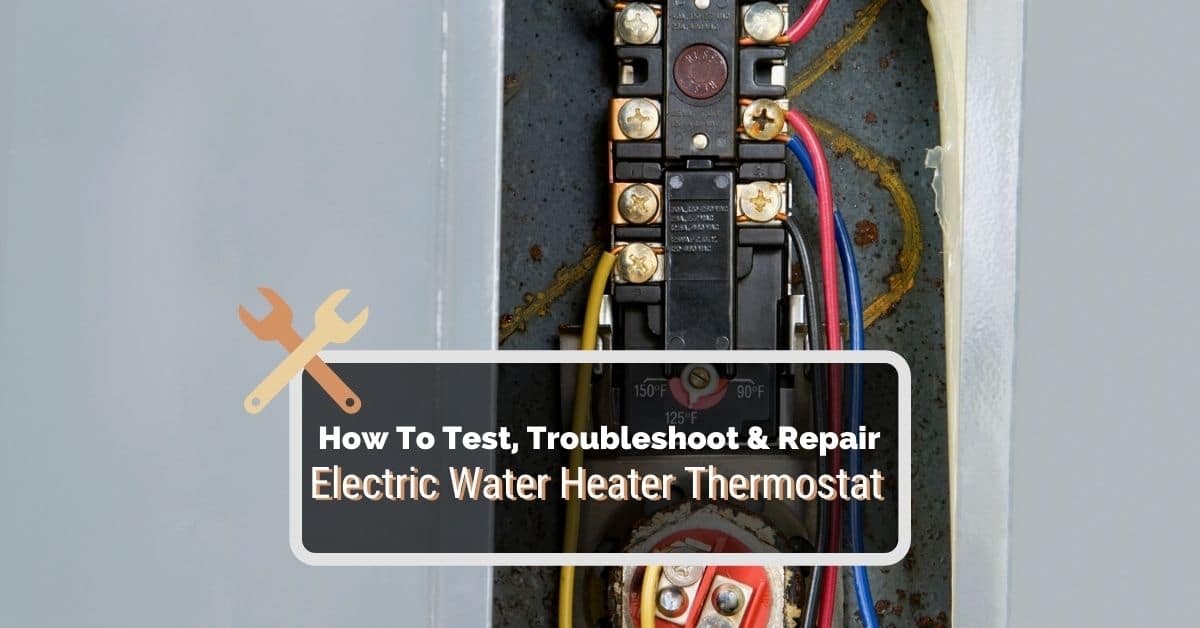



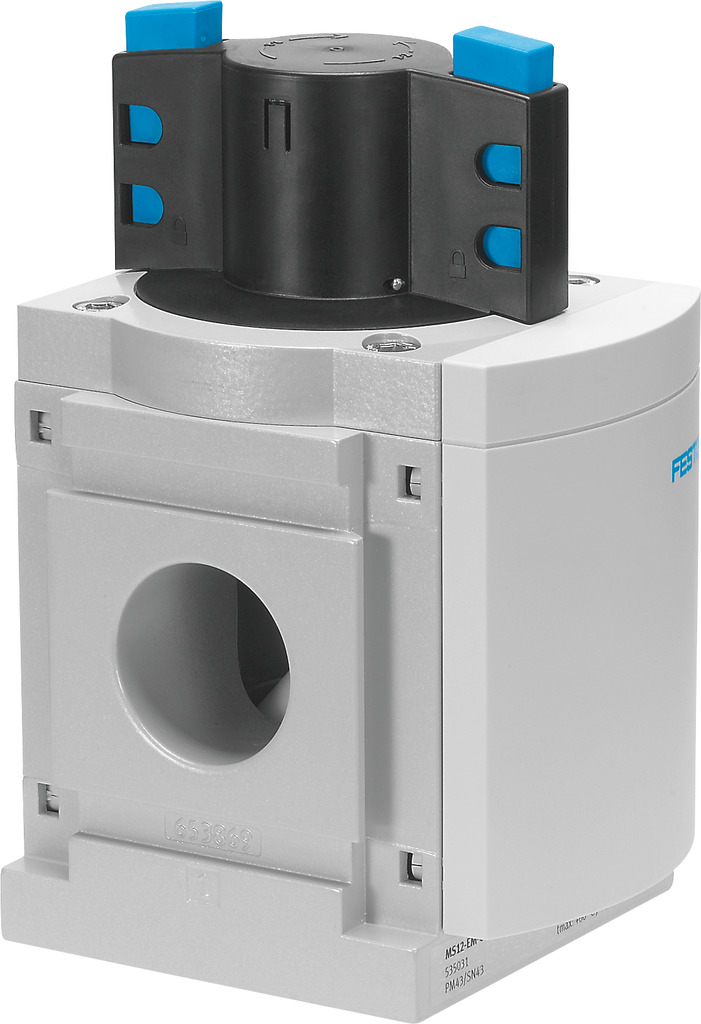

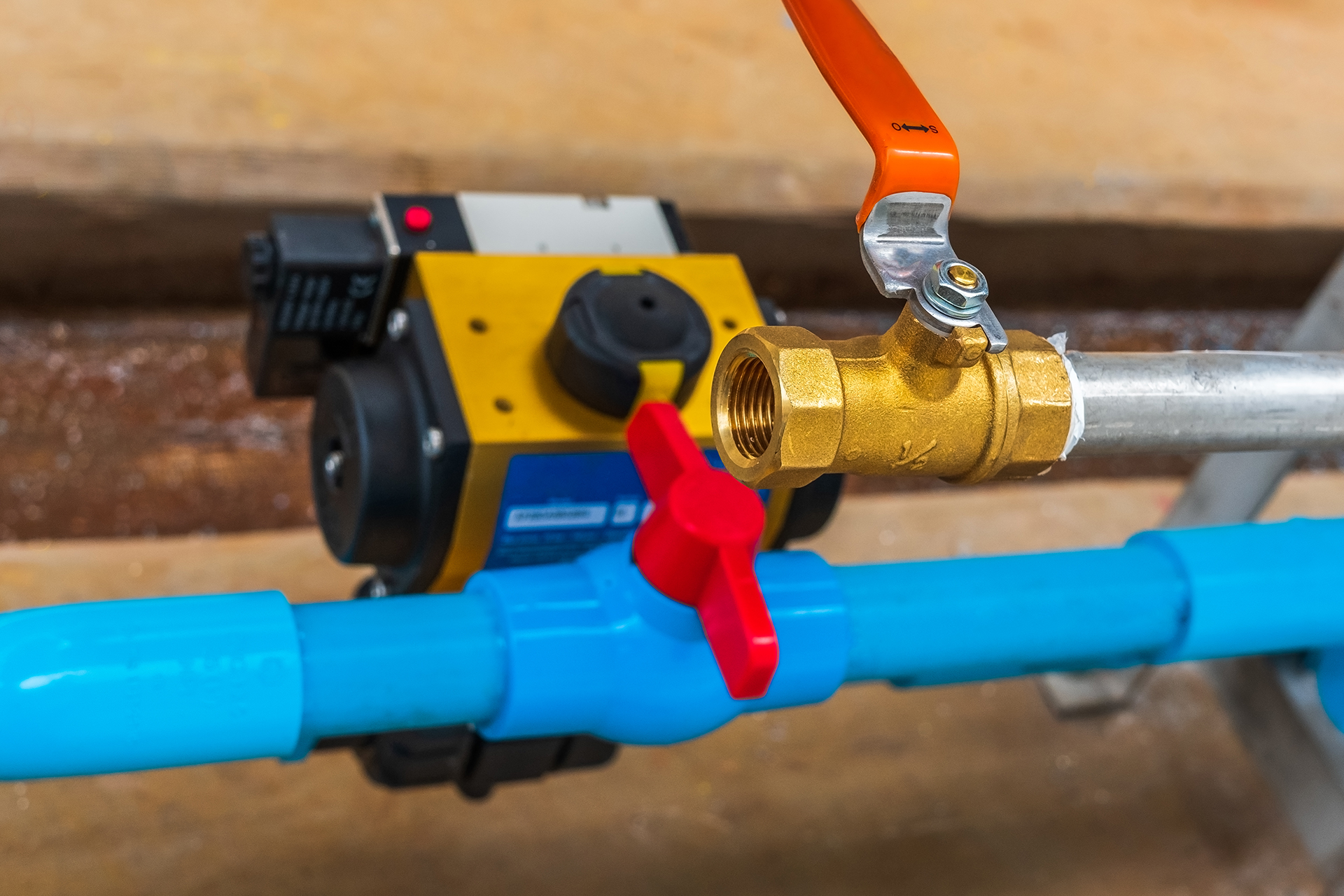

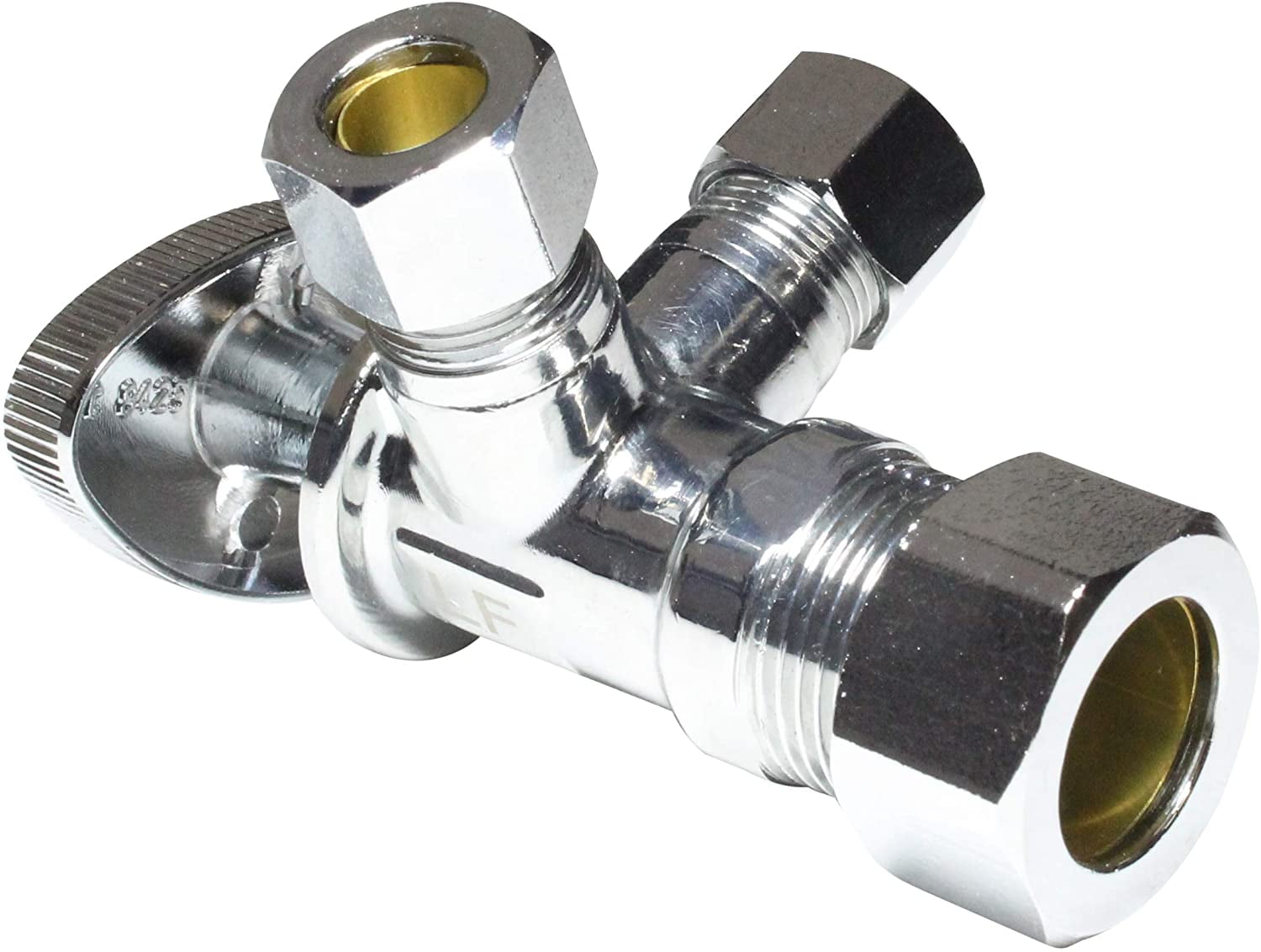

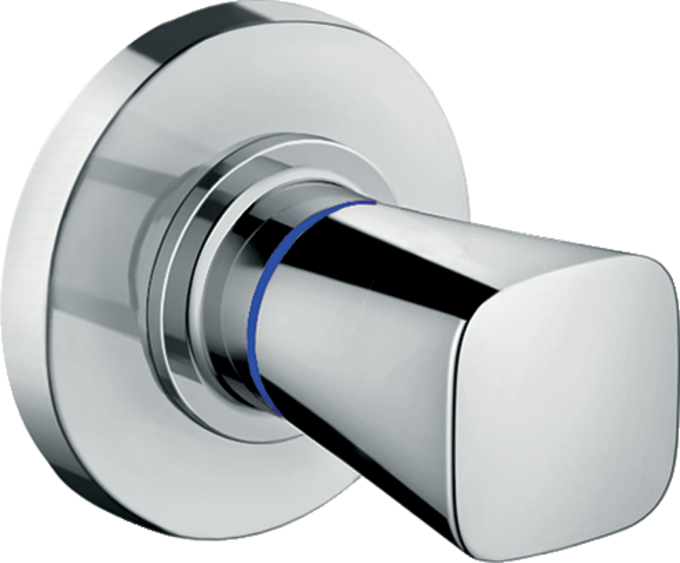

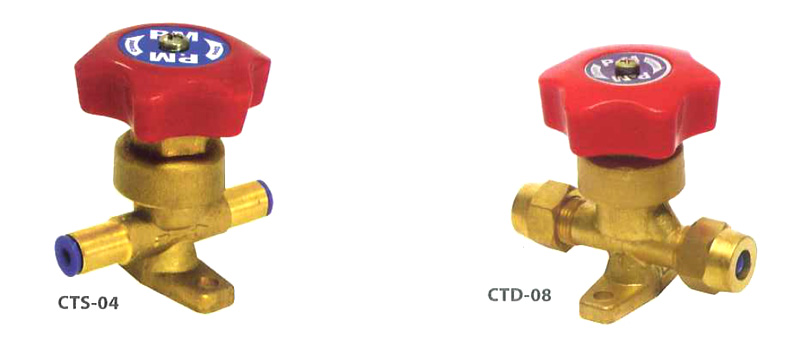







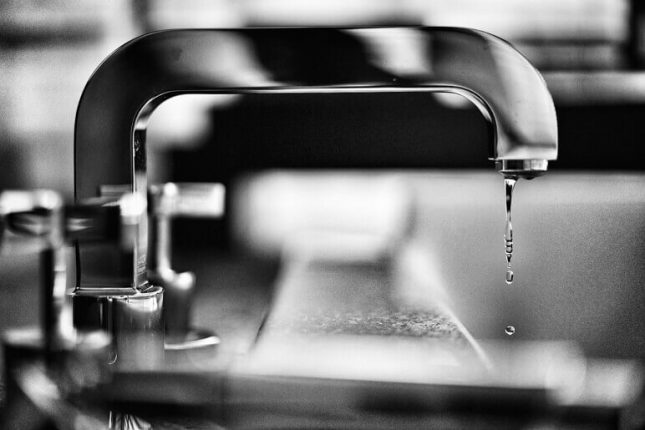


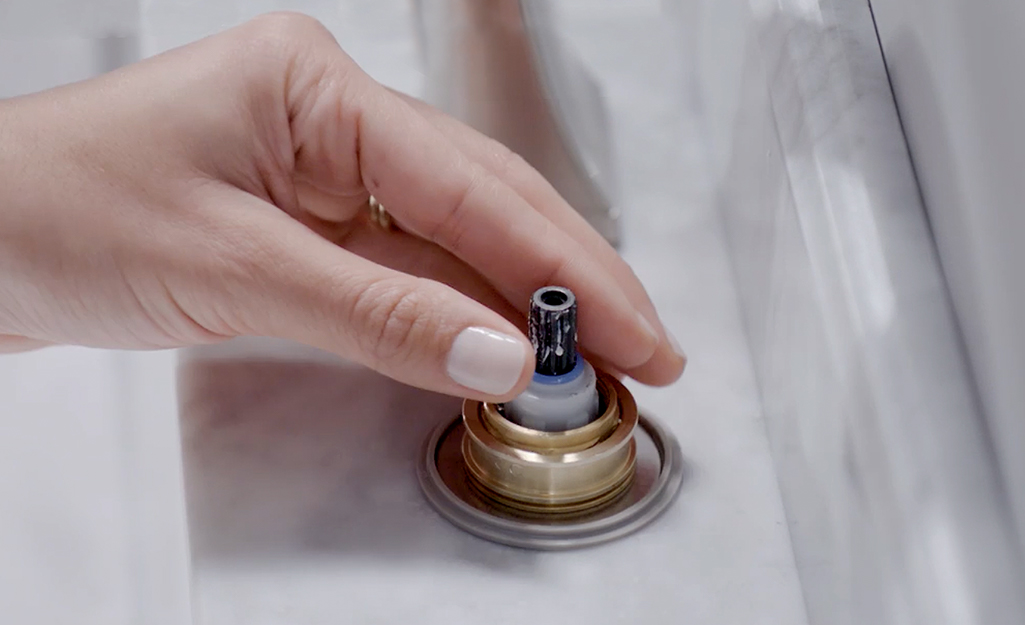



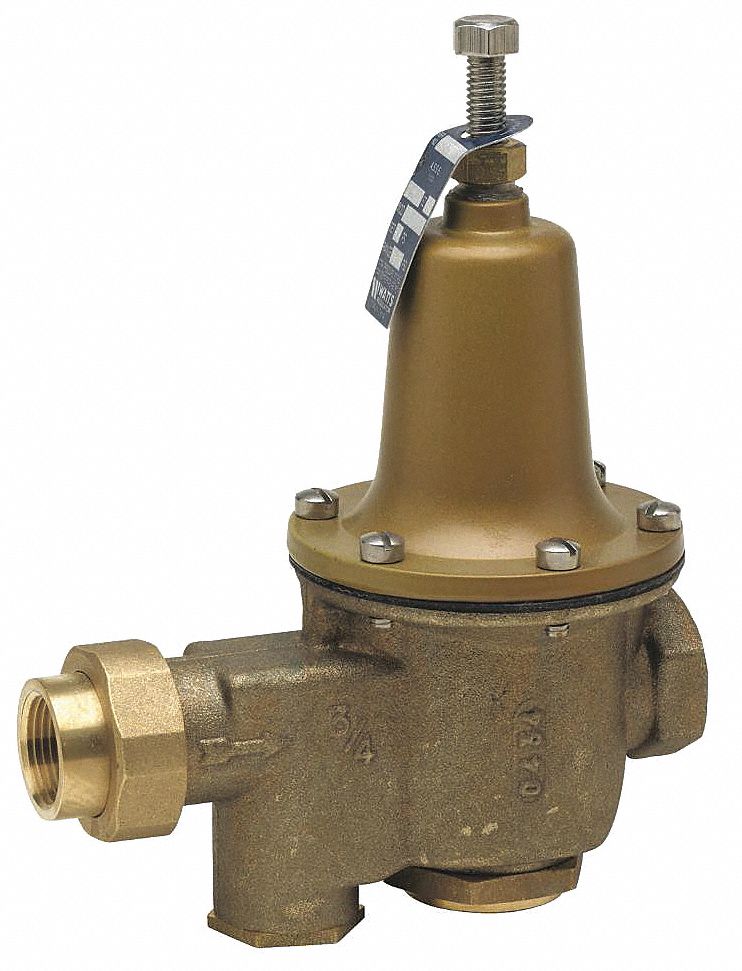
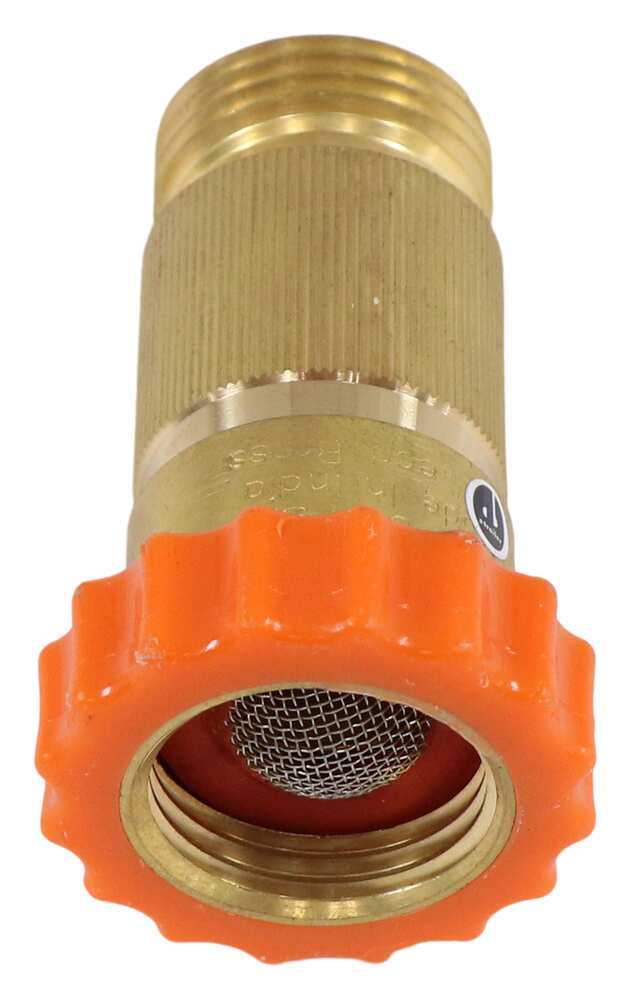
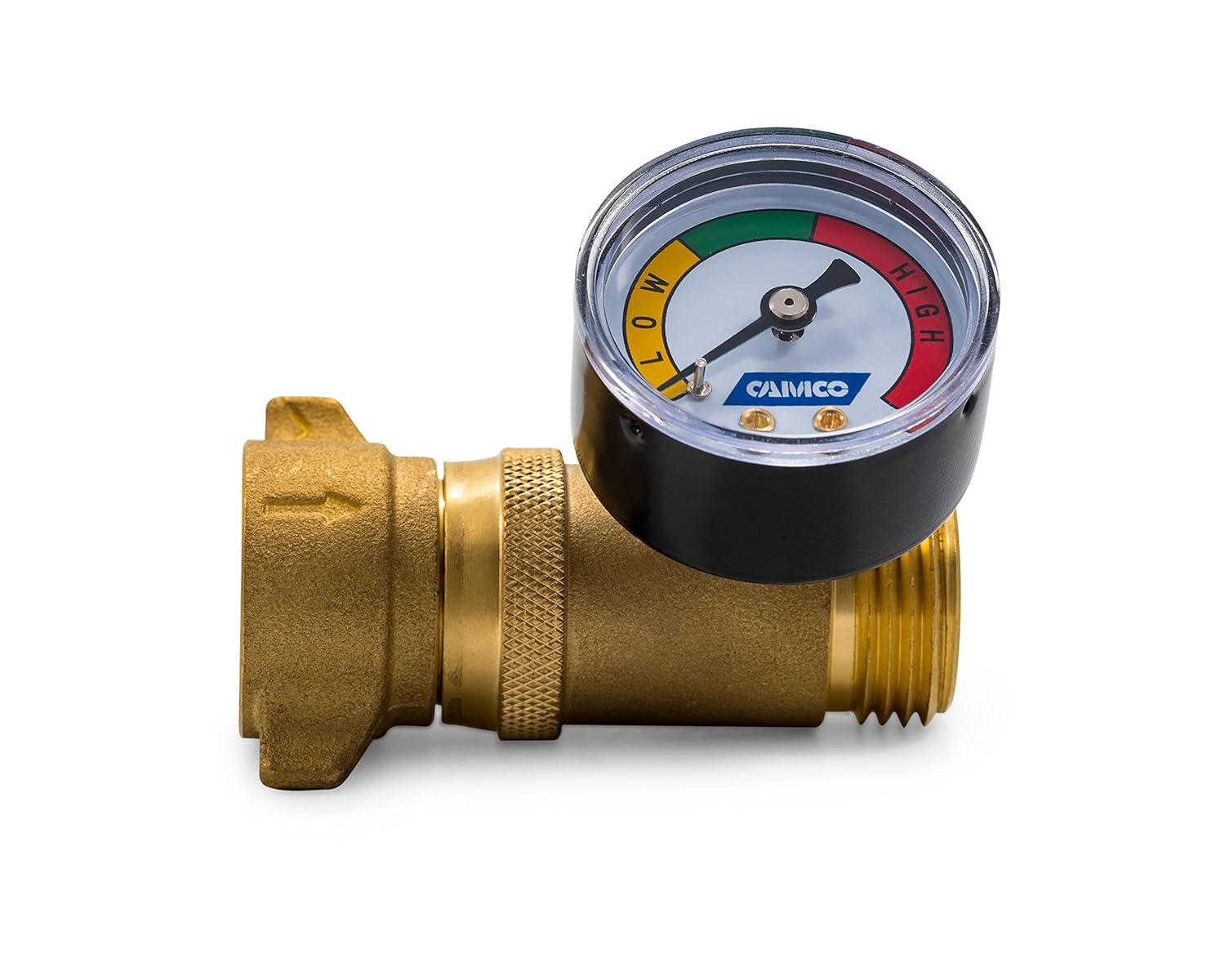


:max_bytes(150000):strip_icc()/testing-water-pressure-in-your-home-2718692-04-c37ab3236d0d4b61b87079ebf9ef823e.jpg)
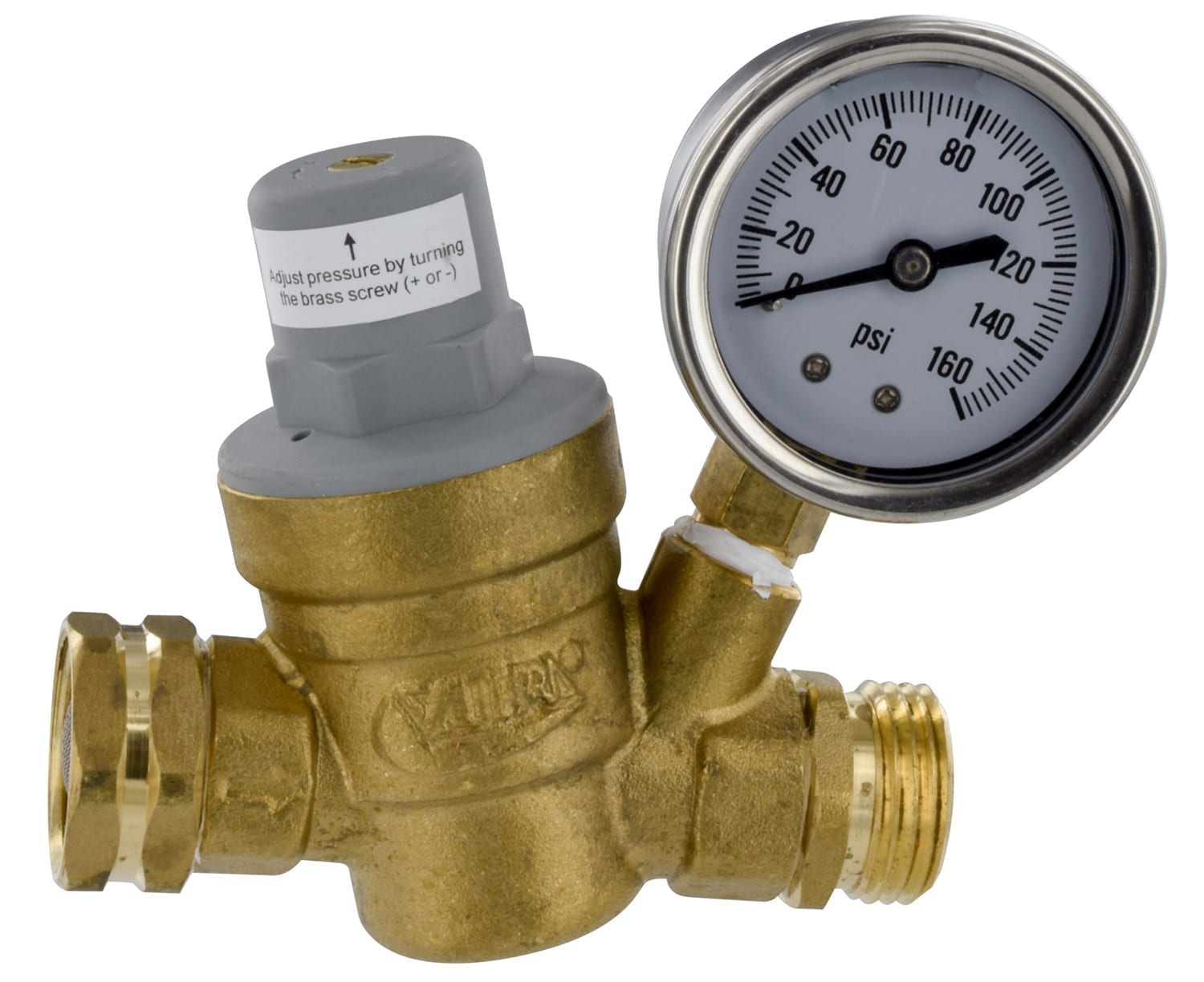
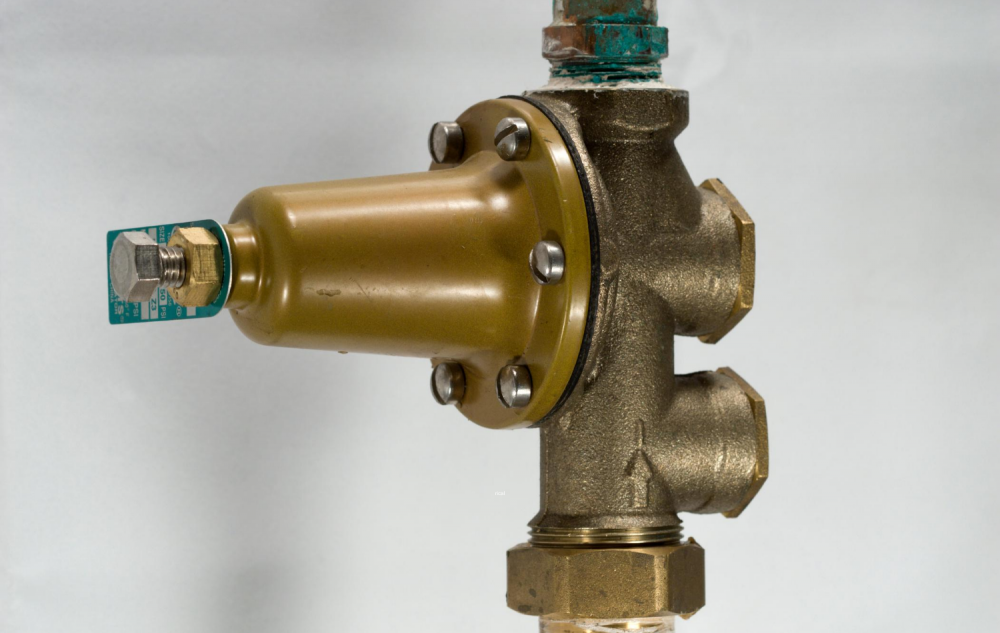
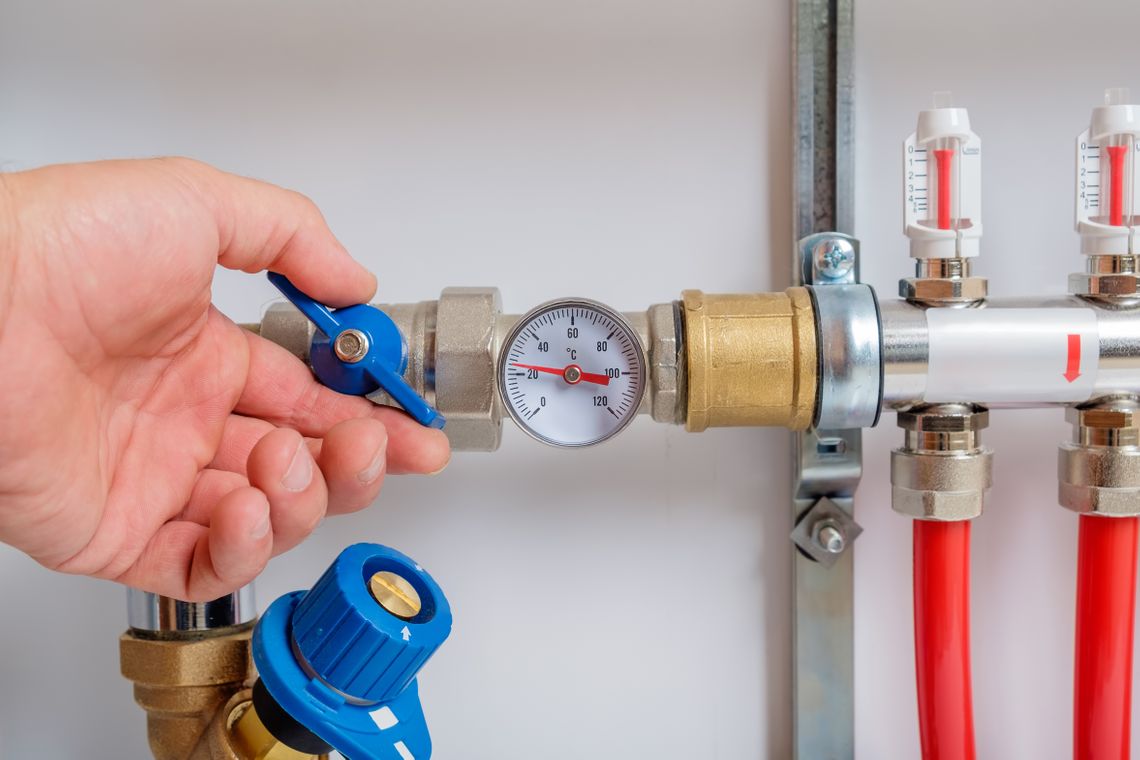












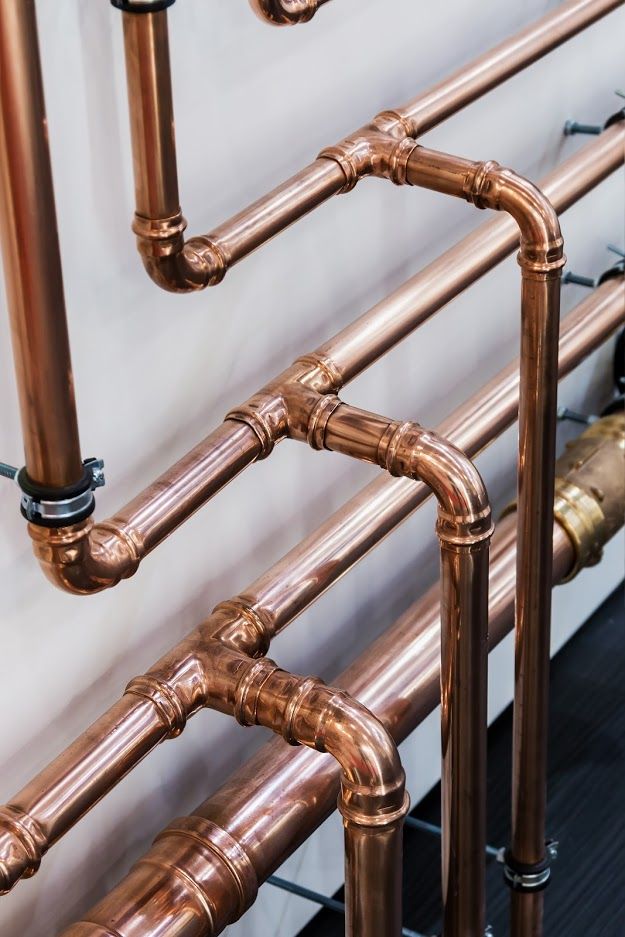


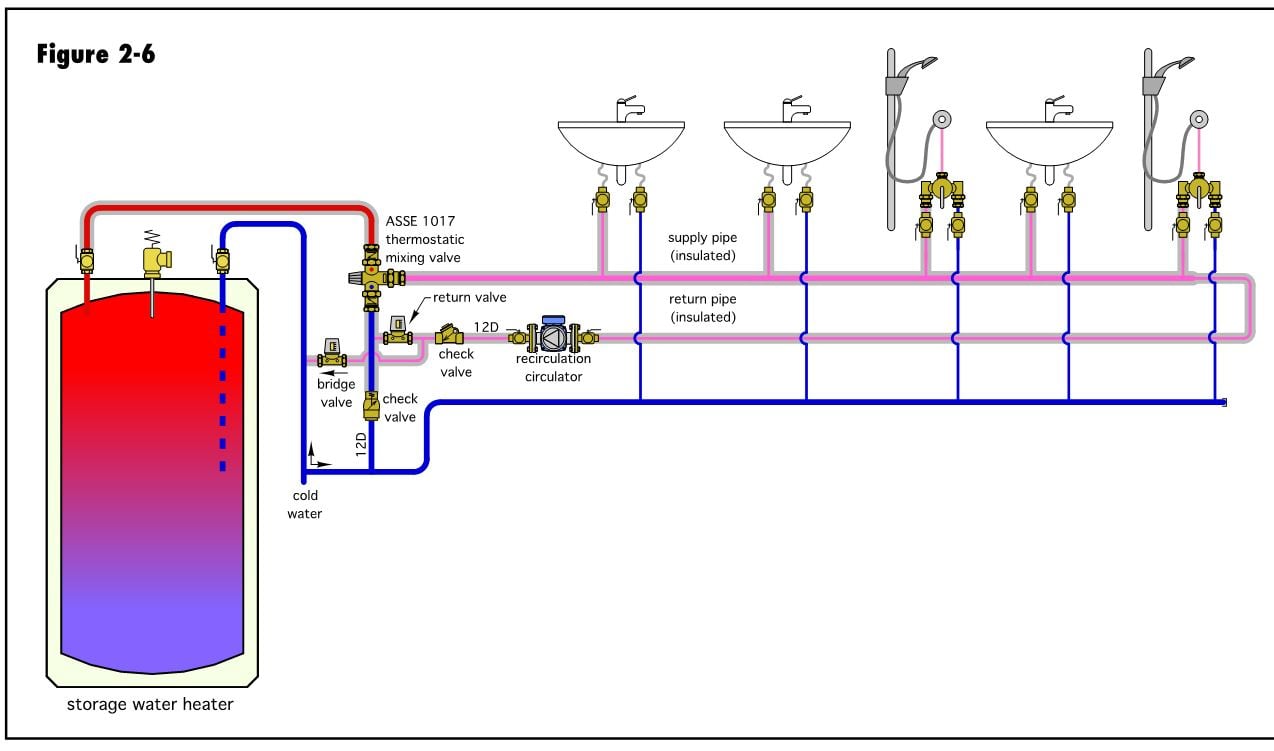


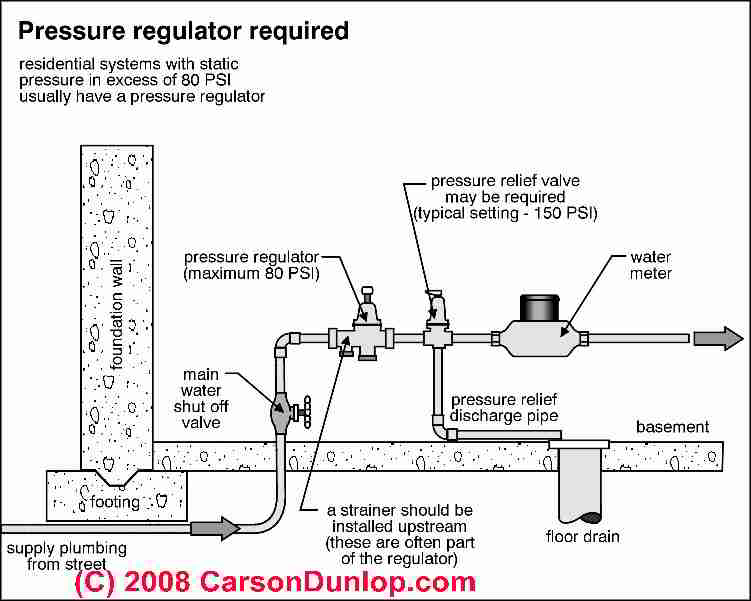

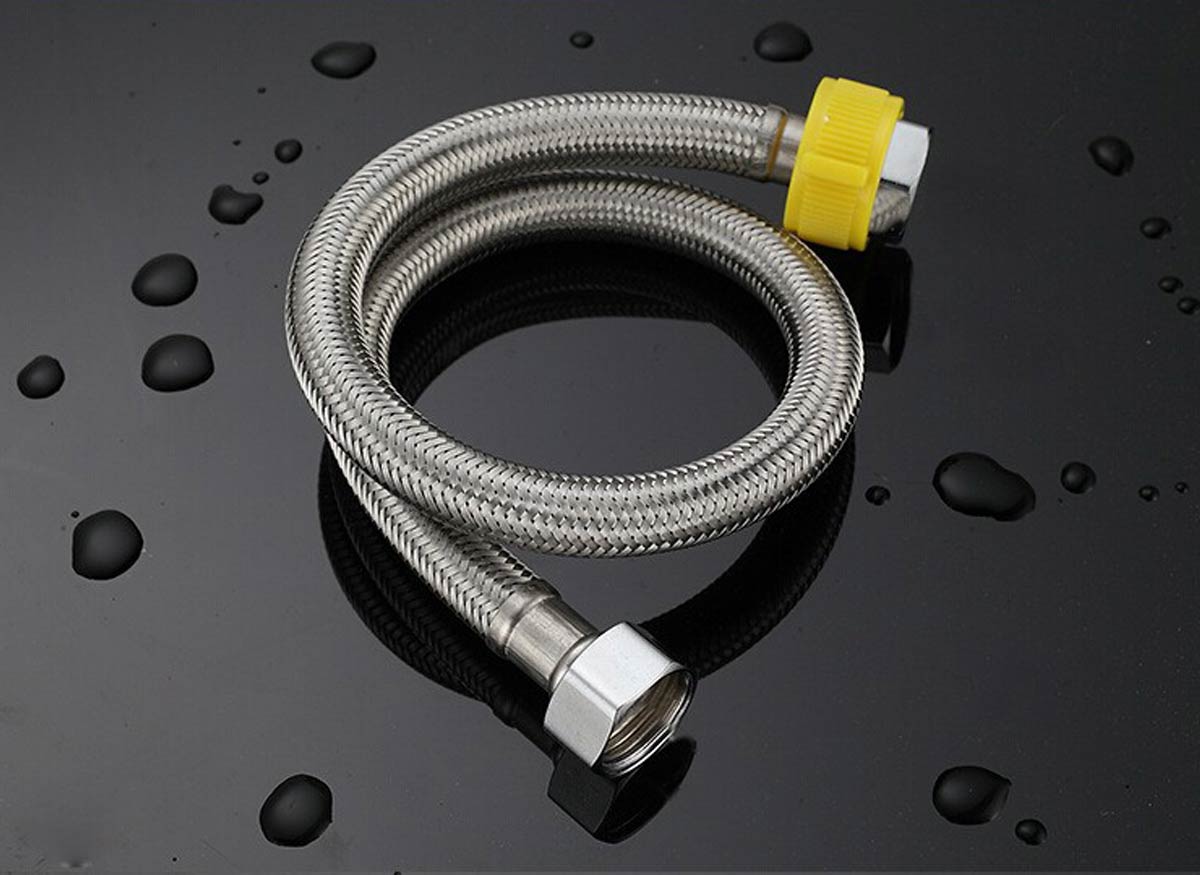
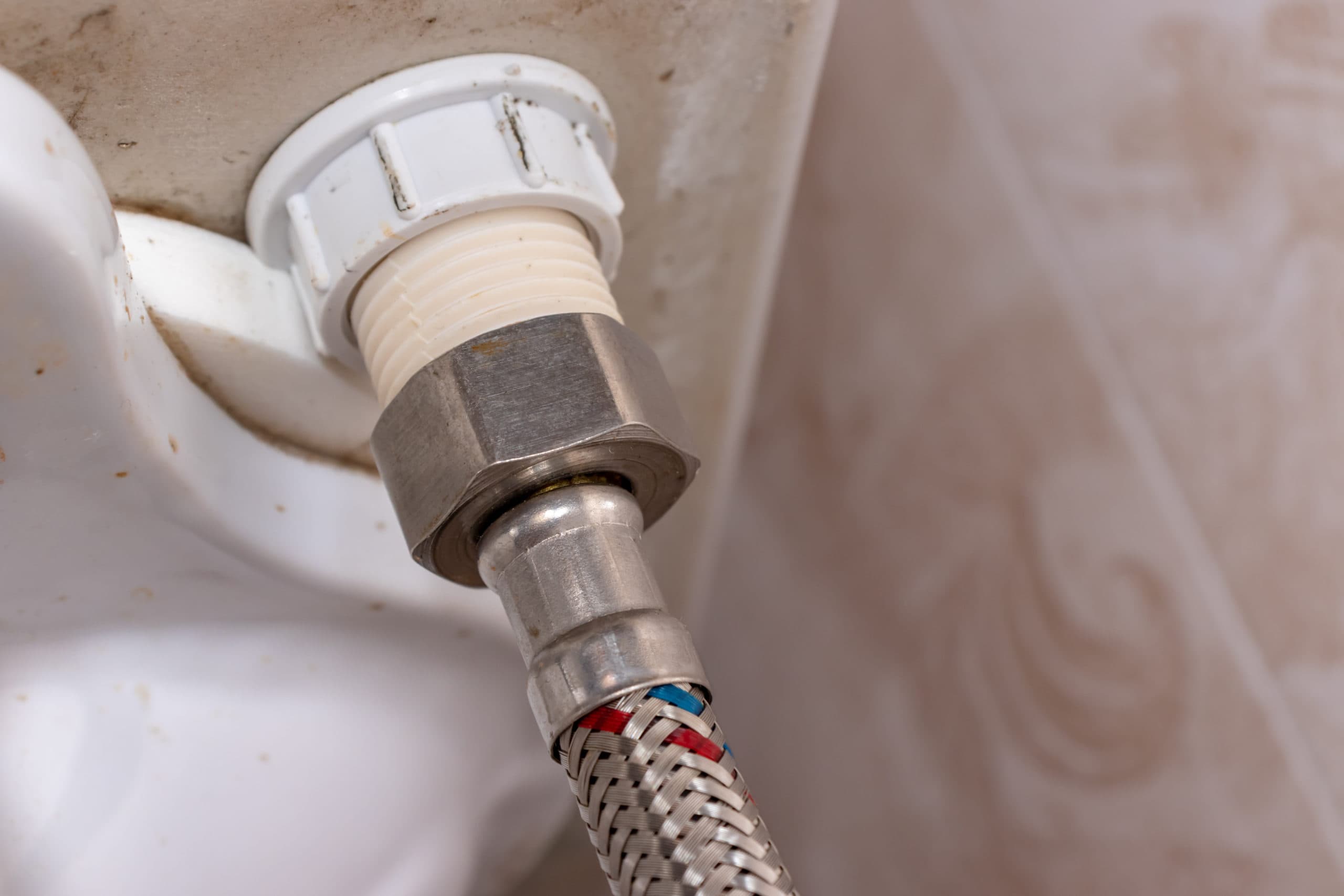

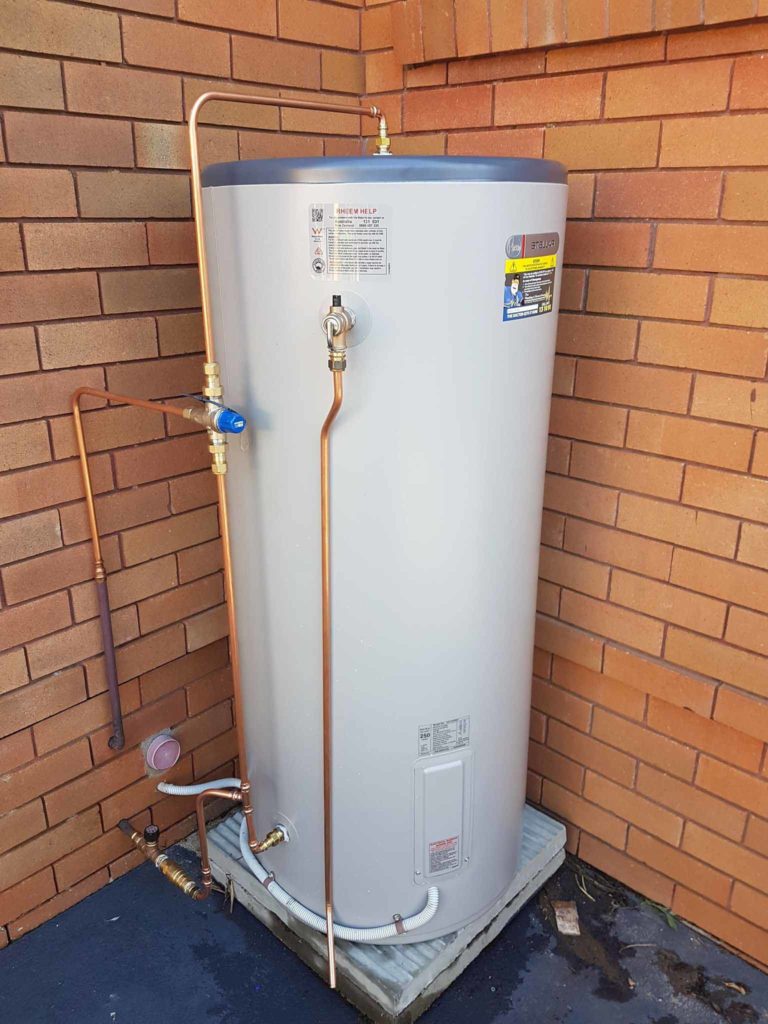
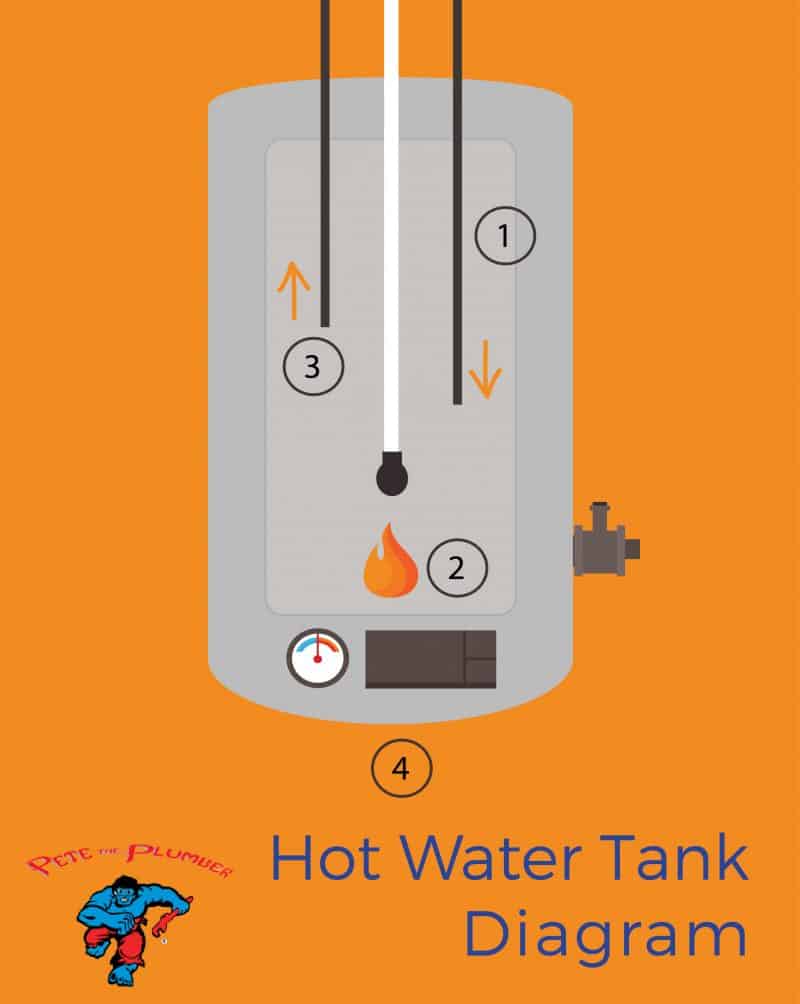



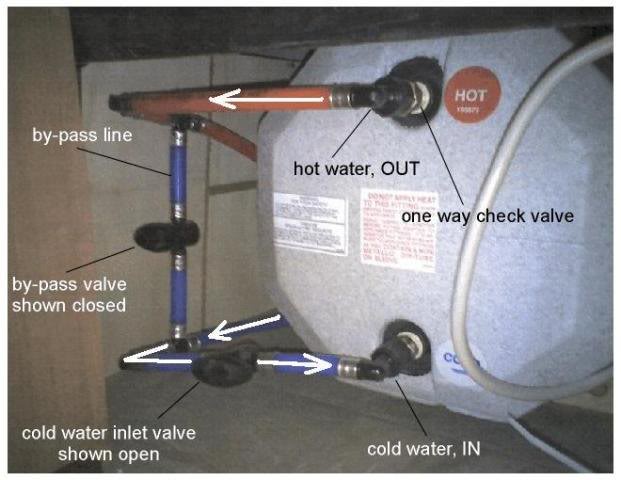



/cleaning-the-aerator-from-deposits--the-girl-hand-washes-a-dirty-limestone-aerator-with-water-1126244919-72868100964f42d5aa564a928371fea5.jpg)
